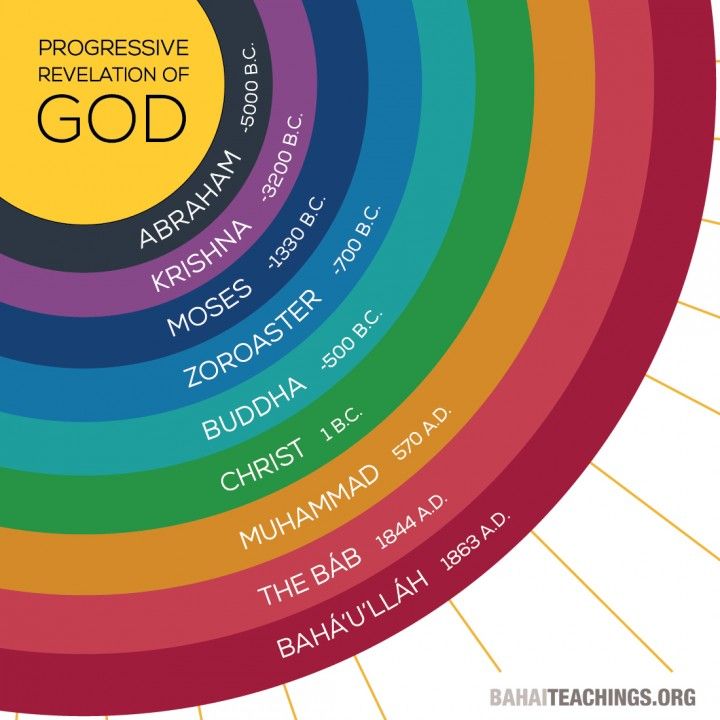Throughout history, organized religion has played a significant role in shaping societies, providing moral guidance and fostering community. However, disillusionment towards these established institutions has surfaced over time. The Baha’i perspective on the matter provides a unique lens through which to examine this phenomenon. The Baha’i teachings emphasize the unity of humanity and the necessity for progress beyond divisive dogmas. This article explores the intricate tapestry of the challenges linked to organized religion while simultaneously highlighting the principles that underscore the Baha’i worldview.
1. The Nature of Organized Religion
Organized religion, characterized by hierarchical structures and formalized doctrines, often imposes rigid frameworks that can stifle individual inquiry and spiritual exploration. While these constructs can offer a semblance of community, they can also attract criticism for fostering exclusivity and a detached form of spirituality. The Baha’i approach discourages the dogmatism associated with organized religions, advocating instead for a dynamic and evolving understanding of truth. This principle promotes an ever-deepening comprehension of spiritual realities, founded on inquiry and the recognition of the interconnectedness of all people.
2. Dogma versus Spiritual Truth
A recurring critique of organized religion pertains to the dogmatic assertions that often underpin these institutions. By clinging to unyielding beliefs, followers may find themselves at odds with evolving societal norms and scientific advancements. The Baha’i perspective offers a refreshing counterpoint, emphasizing that religious principles must adapt and align with contemporary realities. This adaptability fosters a living spirituality, wherein truth is not a static entity but a dynamic continuum that must be constantly verified and revisited.
3. The Ideological Confinement
Organized religions can sometimes constrain the spiritual aspirations of their adherents, leading to a narrow ideological framework. Baha’i teachings encourage availing oneself to the vastness of divine wisdom, recognizing that no single religion holds a monopoly on truth. This principle cultivates an attitude of humility and receptiveness, whereby one acknowledges that diverse beliefs can contribute to a more comprehensive understanding of spiritual existence. The encasement of ideas within rigid doctrines can inhibit intellectual and spiritual growth, stifling the profound yearning for truth that lies within every human soul.
4. The Role of Authority
Authority structures within organized religions can foster a sense of security and stability; however, they can also lead to coercive practices and the suppression of dissenting voices. Baha’i teachings advocate for the relinquishment of authoritarianism in favor of collective governance and shared responsibility. This approach encourages a holistic perspective on leadership, emphasizing the importance of trust, consultation, and mutual respect among community members. The decentralization of religious authority promotes an environment conducive to innovation, spiritual autonomy, and profound personal responsibility.
5. The Impact of Cultural Context
Organized religions are often inextricably linked to specific cultural contexts, shaping beliefs and practices in ways that can sometimes hinder universal applicability. The Baha’i Faith emphasizes the paramount principle of the oneness of humanity, advocating for a transcendent view that transcends cultural barriers. This perspective invites individuals from diverse backgrounds to articulate their understanding of the divine without fear of alienation. By emphasizing spiritual principles that resonate with humanity as a whole, the Baha’i model fosters a spirit of inclusivity and cooperation among disparate faith traditions.
6. Humanitarianism and Social Justice
While organized religions frequently espouse altruistic values, there are occasions when these entities become enmeshed in the complexities of societal injustices. The Baha’i teachings explicitly prioritize the promotion of social justice, emphasizing that true spirituality must manifest in tangible actions toward the betterment of society. The Faith calls for the eradication of prejudice, a vital step towards achieving a harmonious global community. Such an advocacy aligns with the growing consciousness surrounding social justice issues, thus revealing the potential for spiritual and civic engagement to flourish hand in hand.
7. The Allure of Spirituality Beyond Organization
The allure of spirituality often lies in its capacity to transcend conventional boundaries. Many individuals are drawn to the ineffable elements of the divine that organized religions may overlook. This search for a more profound connection often leads seekers to explore alternative spiritualities that emphasize personal experience over prescriptive dogma. The Baha’i perspective celebrates this quest, encouraging individuals to engage with spirituality on a personal level while fostering unity within communal contexts.
8. Concluding Reflections: Toward an Interconnected Future
At the heart of the Baha’i teachings lies the aspiration for unity—a vision that transcends maintained divisions within organized religions. The insights derived from the challenges associated with such institutions reveal deeper principles that invite exploration and understanding. By elevating the dialogue on spirituality and emphasizing a collective commitment to human advancement, the Baha’i Faith provides a framework that acknowledges the complexity of contemporary religious life while urging adherence to the principles of understanding, compassion, and inclusivity.
The challenges posed by organized religion serve not only as objects of critique but also as opportunities for transcendent growth. Embracing the Baha’i vision involves a heartfelt commitment to fostering an environment where diversity flourishes, allowing for a shared spiritual journey among all of humanity. Through this lens, the pursuit of truth becomes a sacred endeavor, intertwined with the larger narrative of collective human evolution.
